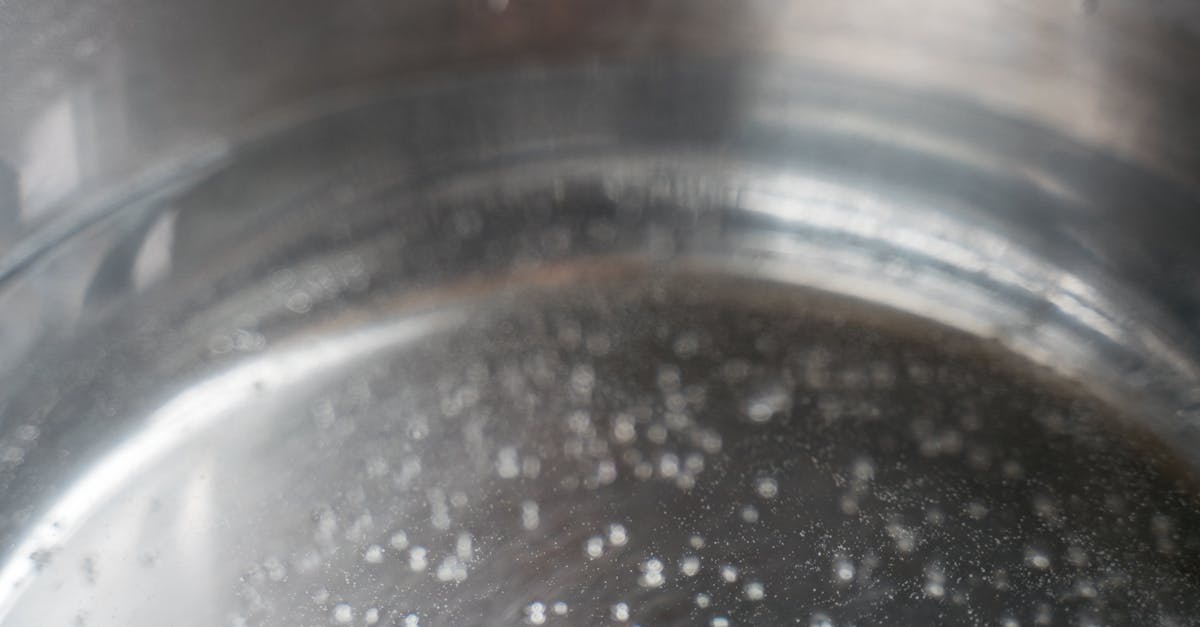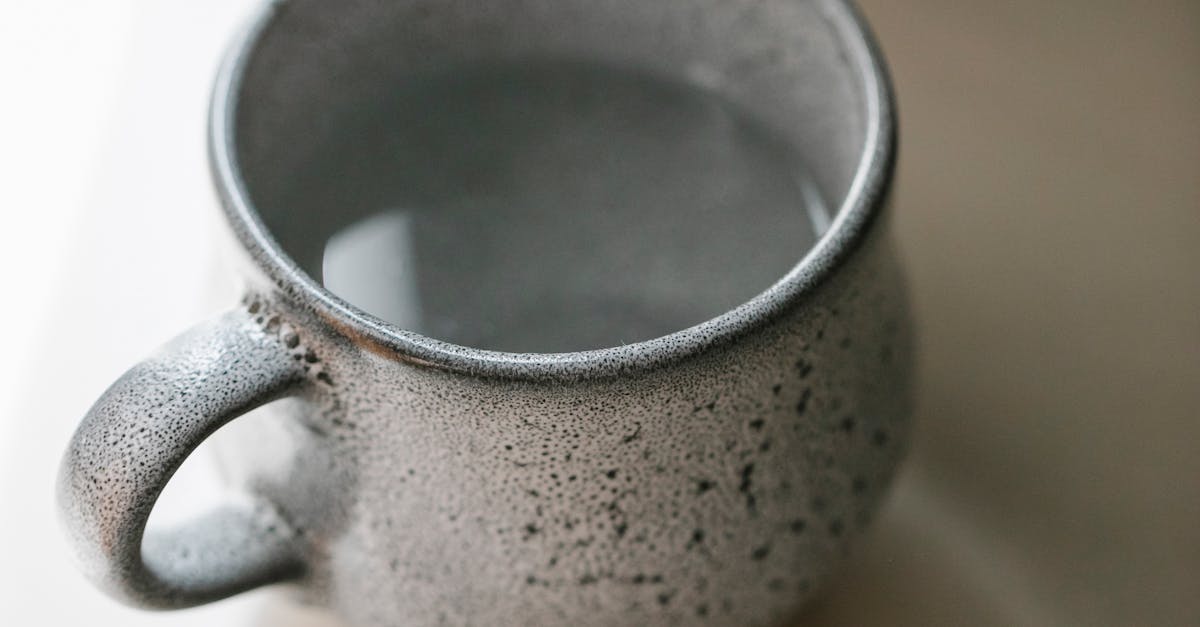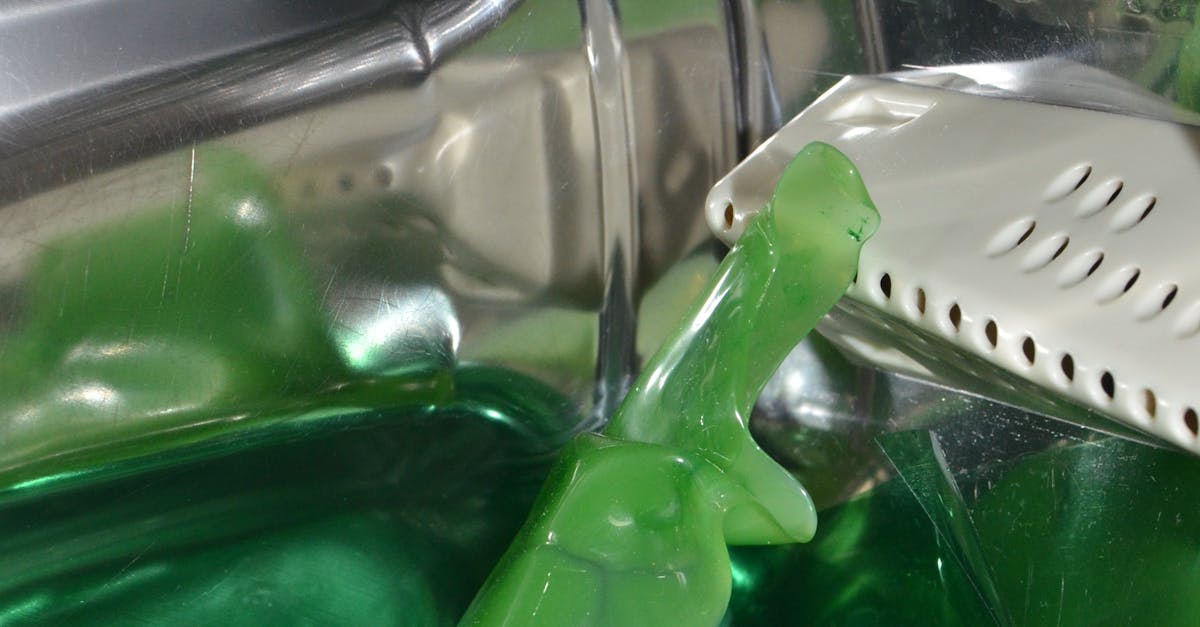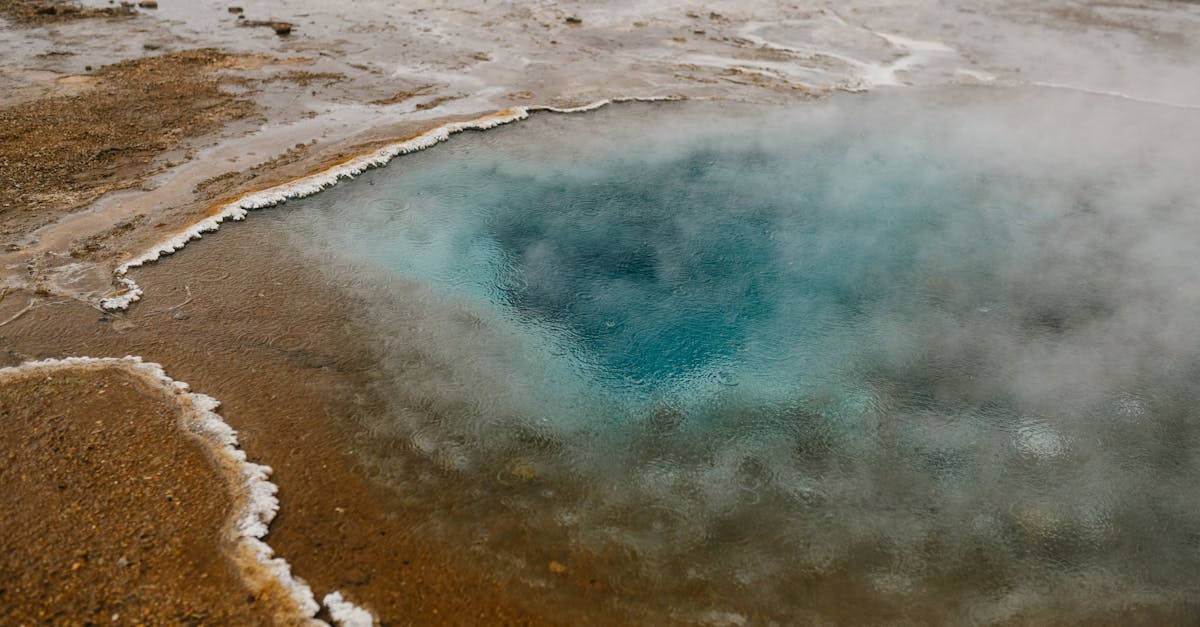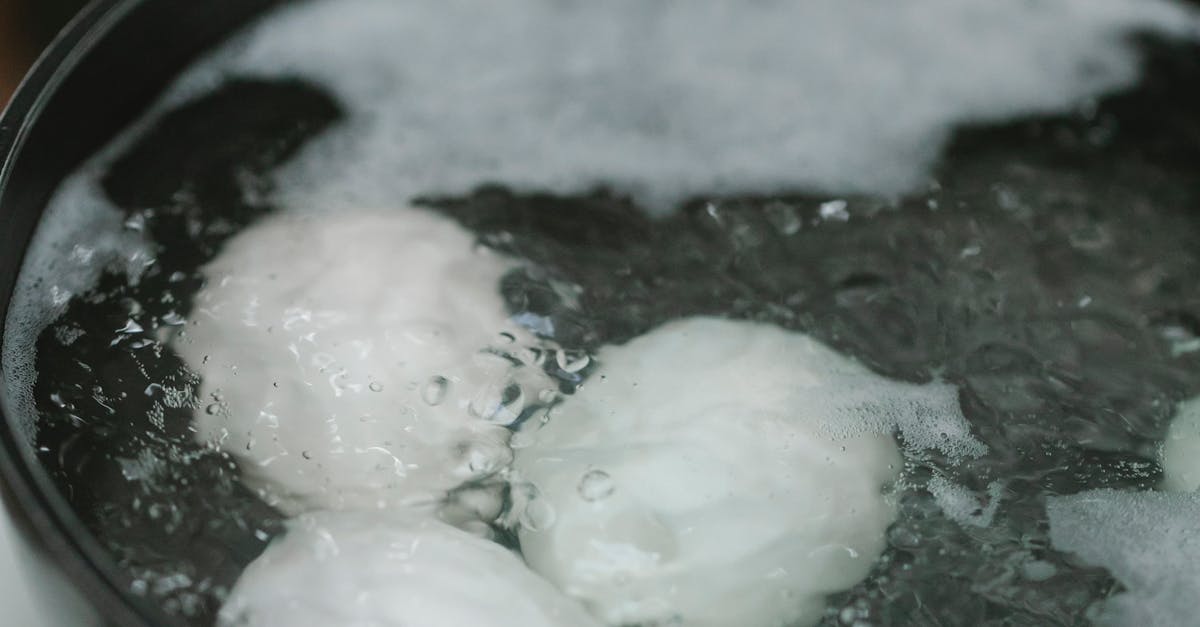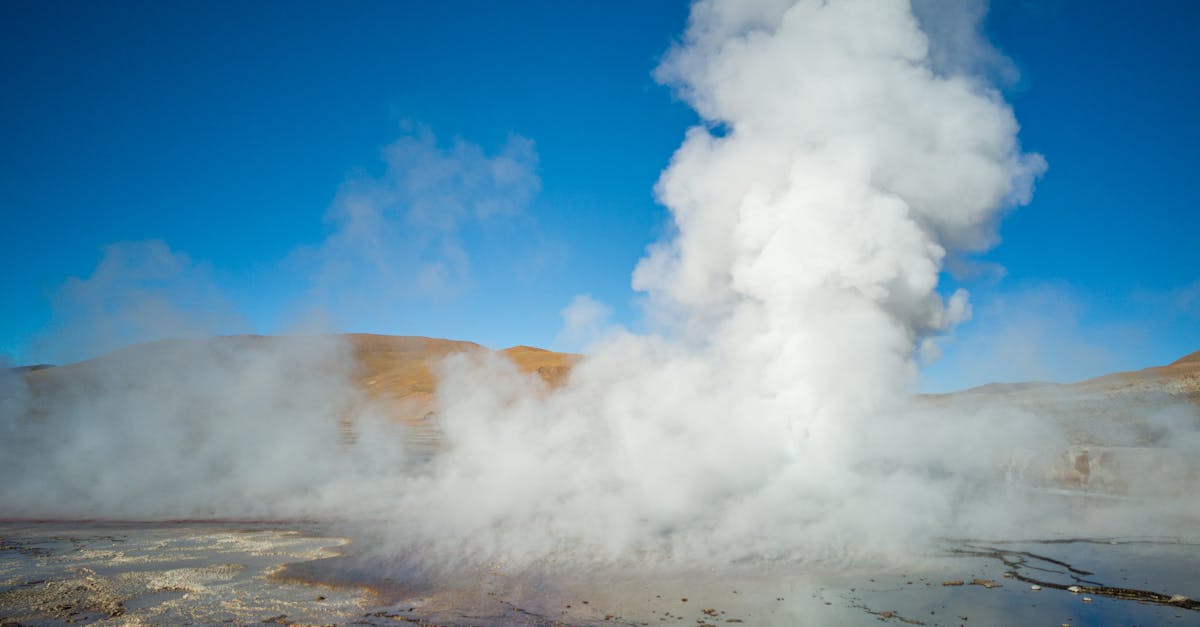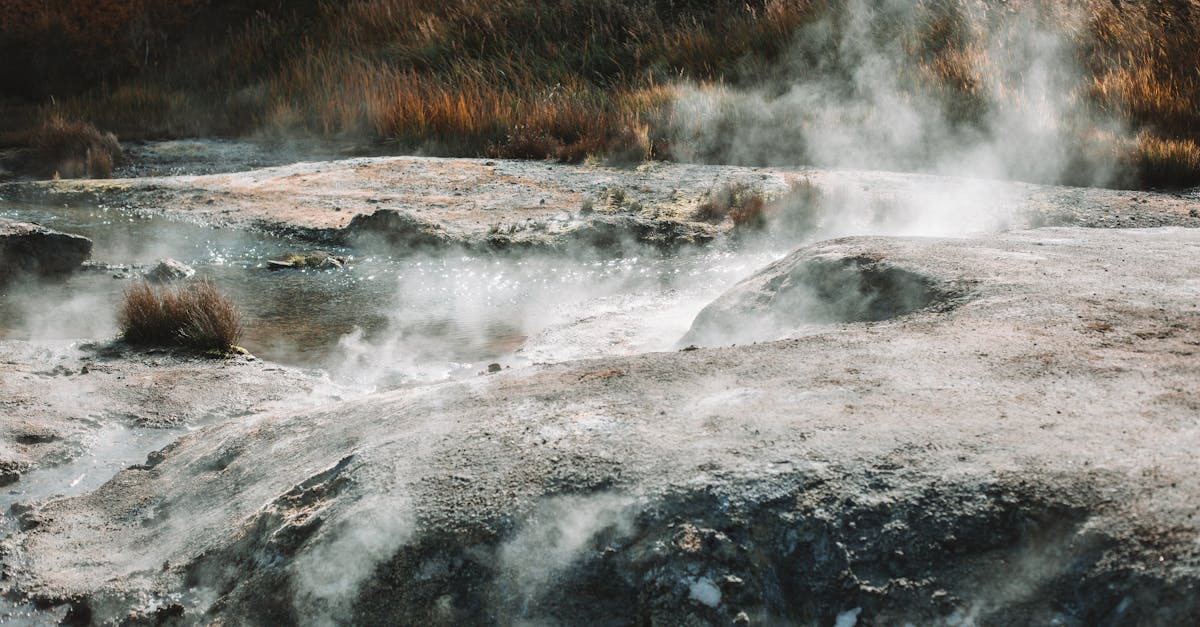
Table Of Contents
Signs That Your Water Heater Needs Attention
Unusual noises coming from your water heater can signal that it requires attention. Sounds such as popping, rumbling, or hissing may indicate sediment buildup in the tank, affecting water quality and efficiency. This situation demands immediate inspection to prevent further complications. Regular Hot Water System Cleaning can help mitigate these issues by removing mineral deposits and sediment.
Another sign that your water heater needs care is fluctuating water temperatures. If the hot water goes cold unexpectedly or fails to reach the desired temperature, it may indicate that the heating element is failing or there is significant debris accumulation in the tank. Operating a water heater under these conditions could lead to persistent problems, making routine maintenance essential. Regular Hot Water System Cleaning can ensure optimal performance and prolong the life of your unit.
Recognizing Indicators of Neglect
Ignoring routine maintenance can lead to noticeable signs that your water heater requires attention. One common indicator is the presence of rusty water coming from the taps. This discoloration suggests that sediment buildup in the tank may be corroding the interior. Another signal is the odd noises coming from the unit, such as banging or popping sounds. These noises often occur as sediment hardens at the bottom of the tank, affecting the heating process.
Regular Hot Water System Cleaning is essential for prolonging the life of your unit. Additionally, if you notice a decrease in hot water supply or inconsistent temperatures, these may point to a neglected water heater. Observing these symptoms promptly can help prevent more extensive damage and costly repairs down the line. Awareness of these signs can guide homeowners in maintaining the efficiency of their system.
Longevity of Your Water Heater
The longevity of your water heater is significantly influenced by the maintenance practices employed throughout its lifespan. Regular maintenance, including timely inspections and services, can prevent the buildup of mineral deposits and sediment. These accumulations can cause overheating and uneven heating, which may lead to premature failure of the unit. By taking proactive steps to ensure your water heater is properly maintained, you extend its overall life and efficiency.
One essential practice is Hot Water System Cleaning, which involves flushing the tank to remove sediment and buildup. This cleaning helps maintain efficient operation and can drastically reduce wear and tear on the components. By incorporating this step into your regular home maintenance routine, you can significantly enhance the performance and durability of your water heater, ensuring it serves your household reliably for years to come.
How Maintenance Practices Influence Lifespan
Regular maintenance plays a critical role in the longevity of a water heater. Flushing the system periodically helps remove sediment buildup that can lead to inefficiencies and overheating. This process ensures that the heating elements operate smoothly, preventing excessive strain on the unit. Additionally, checking for any signs of wear or leaks during routine inspections can address issues before they escalate into more significant problems.
Hot Water System Cleaning is vital for maintaining optimal performance. Neglecting this upkeep can cause a decrease in heating efficiency and increase energy bills. Proper maintenance not only enhances the lifespan of the water heater but also improves the quality of hot water supplied throughout the home. Engaging in consistent care guarantees better functionality and peace of mind for homeowners.
Cost Implications
Neglecting the maintenance of your water heater can lead to significant cost implications over time. A buildup of sediment can decrease the efficiency of the system, causing it to work harder to heat water. This increased usage drives up energy bills and can lead to the need for frequent repairs. When a system is not regularly serviced, minor problems can escalate into major failures, which are often much more expensive to fix than routine maintenance.
Investing in routine Hot Water System Cleaning can mitigate these costs substantially. By maintaining a clean and efficient system, homeowners can extend the lifespan of their water heaters while enjoying lower energy costs. In the long run, the small expense of professional cleaning services significantly outweighs the potential financial burden of dealing with a neglected water heating system.
Financial Consequences of Poor Maintenance
Neglecting regular maintenance of a water heater can lead to significant financial burdens over time. Sediment build-up within the tank can hinder efficiency, resulting in increased energy consumption. Homeowners might experience higher utility bills as the heater works harder to supply hot water, draining resources without noticeable benefits.
Moreover, major repairs or even premature replacement can stem from the lack of attention to water heater upkeep. A well-maintained system often requires fewer interventions. Implementing Hot Water System Cleaning as a preventive measure can mitigate costs associated with unexpected breakdowns and extend the overall life of the unit. Neglecting these maintenance practices can turn a minor inconvenience into a substantial financial setback.
FAQS
What are the signs that my water heater needs attention?
Common signs include inconsistent water temperature, strange noises coming from the heater, discolored water, or an unusual increase in energy bills.
How often should I flush my water heater?
It is generally recommended to flush your water heater once a year to prevent sediment buildup and maintain efficiency.
What can happen if I never flush my water heater?
Neglecting to flush your water heater can lead to sediment buildup, decreased efficiency, reduced lifespan, and even costly repairs or replacements.
How does maintenance affect the longevity of my water heater?
Regular maintenance, including flushing, can significantly extend the lifespan of your water heater by preventing buildup and ensuring it operates efficiently.
What are the financial consequences of poor water heater maintenance?
Poor maintenance can lead to higher energy bills, costly repairs, or early replacement costs, resulting in a significant financial burden over time.

